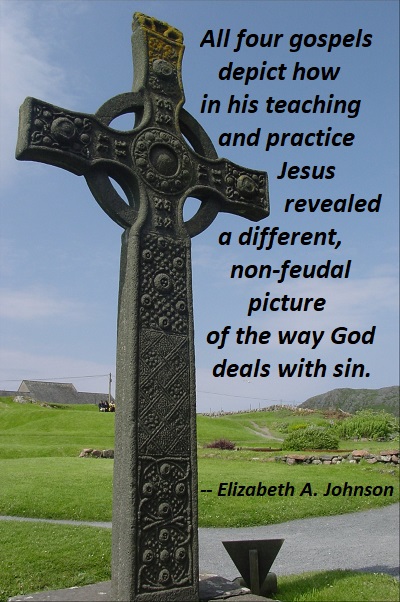Away from Law, Into Love

In His Sermon on the Mount, Jesus is providing a description of what life looks like for the person who will follow Him. Since the average Jewish person listening to Jesus attempted to allow their life to be guided by the Mosaic Law and Jewish tradition, Jesus frequently compares and contrasts His way of life with the way of life that comes from following the Law. When we approach the Sermon on the Mount with this in mind, we see that Jesus calls people away from actions of legalistic obedience to a set of laws and toward attitudes of love for all people.
The Sermon on the Mount is a call to love. It focuses on attitude, rather than activity. Following Jesus is not about going through the motions but about living in love that comes from the heart. Jesus is not adding to the law, but is showing that love is the fulfillment of the law. He shows, for example, that while the law says “Do not murder” and “Do not commit adultery,” such laws still allowed people to hate their brother or lust after women (Matt 5:21-30). In this way, it was possible to fulfill the letter of the law while completely ignoring its intent. But the person guided by love will neither hate nor lust, which fulfills both the letter and intent of the law. Jesus even goes so far as to call His followers to love their enemies (Matt 5:43-48), which is the ultimate representation of love and which no law could ever accomplish. The rest of the Sermon follows this same theme.
J. D. Myers, Nothing But the Blood of Jesus, p. 98-99








